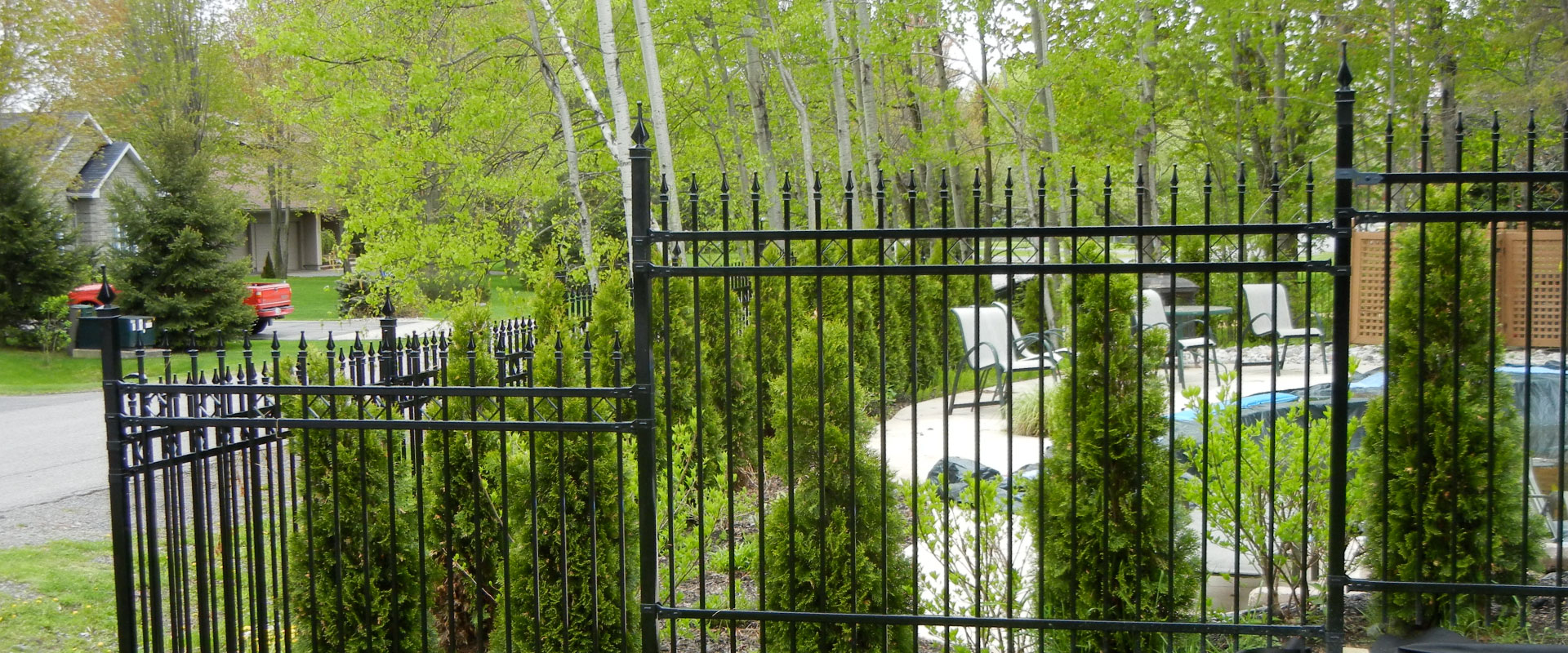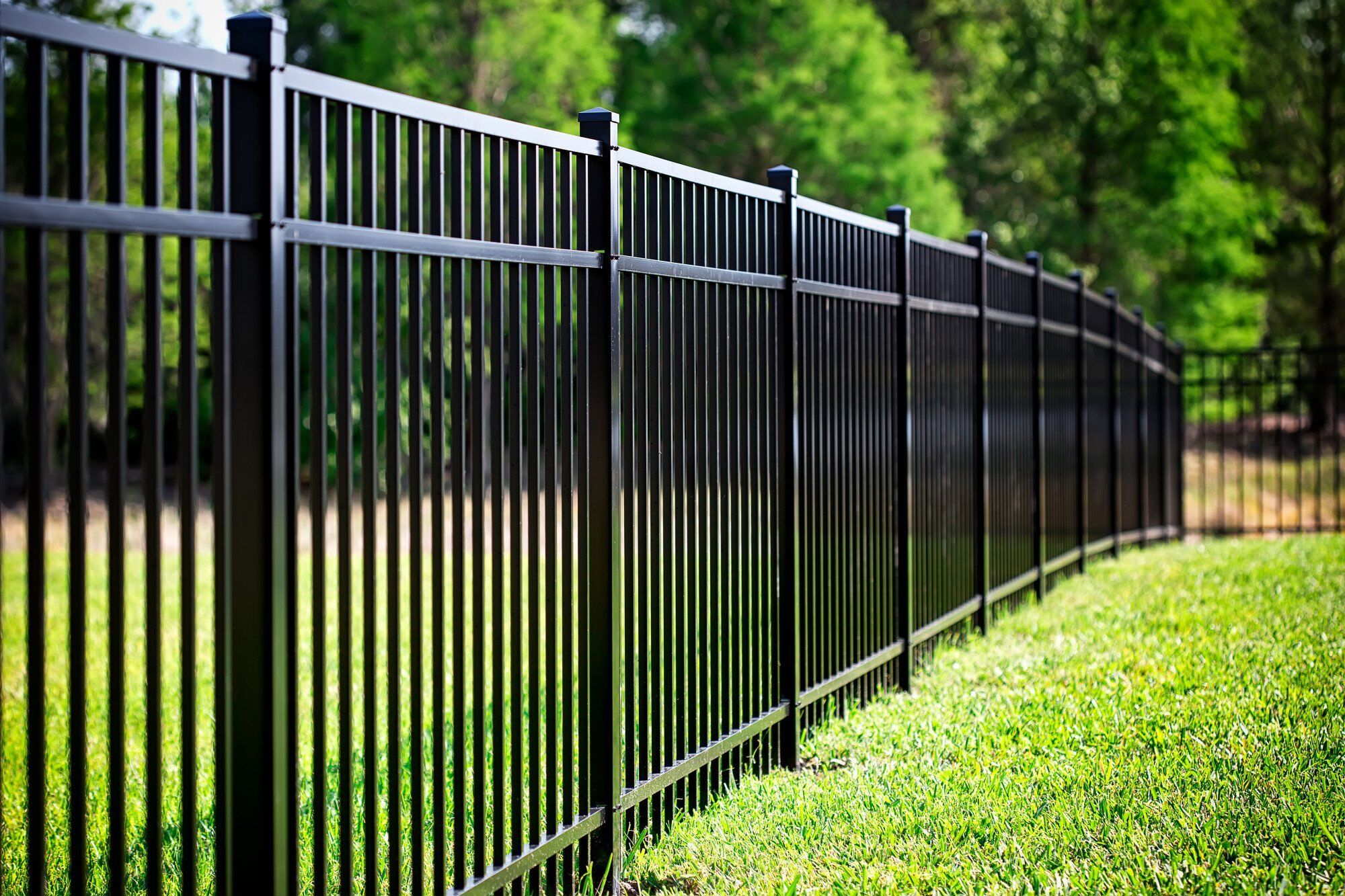All Categories
Featured

As sustainability comes to be a significantly important consideration for homeowners, more people are transforming to green fence materials. Whether you're constructing a fencing for personal privacy, protection, or visual functions, choosing products that minimize environmental impact is a wonderful way to add to a much healthier earth. Right here's a look at the top environment-friendly secure fencing products offered today and their benefits.
- Bamboo Fencing: Renewable and fast-growing. Bamboo is among the most sustainable fencing products on the marketplace. Unlike standard wood, bamboo is incredibly fast-growing, which suggests it can be collected without diminishing forests. This makes it a very renewable energy, with some species maturing to three feet in a single day.
Environmental Benefits: Bamboo takes in extra co2 than numerous various other plants, helping to offset greenhouse gases. Its quick development price suggests it can be collected on a regular basis, making it a renewable material. Longevity: Bamboo fences are normally immune to pests and decay, particularly when appropriately dealt with, minimizing the need for chemical therapies. Visual Appeal: Bamboo supplies an unique, natural look that matches both typical and contemporary landscape design layouts. Nonetheless, while bamboo is a wonderful option, it is necessary to guarantee that the bamboo utilized is responsibly sourced to stay clear of adding to ecological deterioration.
- Recycled Metal Secure Fencing: Long Lasting and Multiple-use. Recycled steel fence, such as aluminum or steel, supplies a green option to traditional timber fences. These metals are typically made from recycled products, lowering the need for brand-new mining and the environmental influence related to extracting raw materials.

Ecological Benefits: Steels like aluminum and steel are 100% recyclable, suggesting they can be recycled and repurposed indefinitely without shedding quality. Sturdiness: Steel fencings are unbelievably resilient, immune to weather, insects, and use, making them a lasting option that doesn't need to be changed regularly. Reduced Upkeep: Recycled metal fencings call for minimal maintenance and don't require to be painted or secured on a regular basis, decreasing the demand for extra chemicals. The major downside is that metal fencings might not supply the very same privacy as timber or vinyl options, as they can have voids depending on the design.
- Recycled Timber Secure Fencing: Natural and sustainable. For those that like the classic appearance of wood yet want an environmentally friendly alternative, recycled wood secure fencing is a superb choice. This product is made from redeemed wood from old structures, pallets, or perhaps furnishings, diverting these products from land fills.
Ecological Benefits: Making use of recycled wood protects against the need to lower brand-new trees, aiding to preserve woodlands and decrease deforestation. Aesthetic Allure: Recycled wood provides a rustic, natural look and can be customized to suit any type of home style. Sustainability: Given that it is sourced from existing wood products, recycled wood doesn't call for brand-new processing, which decreases power intake and carbon discharges. While recycled wood fencings are an eco-friendly option, they might call for more maintenance gradually than metal or bamboo fencings, as wood can be susceptible to decay and insects if not correctly dealt with.

- Living Fences: All-natural and Green. Living fencings, which are made from dense growings like trees, hedges, or shrubs, offer a environmentally friendly and totally natural choice to conventional fence materials. These fencings not just provide privacy but additionally improve your yard with lovely greenery.
Environmental Advantages: Living fencings can soak up co2, offer habitat for wildlife, and enhance air high quality. Noise Decrease: Dense growings can serve as natural audio obstacles, decreasing traffic noise or other undesirable sounds. Visual Appeal: They include a soft, natural visual to any kind of residential property and can be tailored to fit any layout. While living fencings are green, they do require routine upkeep such as trimming, watering, and occasionally pest control.
- Hemp Fence: Naturally Degradable and Solid. Hemp is an additional lasting product that has made its method right into the secure fencing industry. Hemp fences are made from solid hemp fibers that are woven with each other to create durable and green panels.
Environmental Benefits: Hemp expands promptly and requires marginal water, making it a resource-efficient plant. When no longer needed, the material is naturally degradable and can be composted. Stamina and Durability: Hemp fence is remarkably strong and weather-resistant, making it ideal for many environments. Sustainability: Hemp farming needs fewer pesticides and plant foods than conventional plants, making it an eco accountable choice. Nevertheless, hemp fence may not be as widely available as various other materials, depending upon your area.
Conclusion: Sustainable Options for each Requirement. Choosing environmentally friendly secure fencing products is a great method to decrease your environmental footprint while still accomplishing the privacy, protection, and visual you want. From fast-growing bamboo to recycled timber and steel, there are a variety of sustainable alternatives that can assist you create a lovely, useful fence while sustaining a healthier earth. By thinking about variables such as sturdiness, upkeep, and ecological impact, you can select the most effective eco-friendly fencing product for your requirements and lifestyle.
Latest Posts
Don’t Miss Exclusive Auto Repair Offers in Chicago at Montclare Auto Repair
Published en
1 min read
Improve Your Home's Exterior with Weathercraft's House siding Solutions
Published en
1 min read
Safeguard Your Financial Investment with Professional Rain Gutter Installation
Published en
1 min read
More
Latest Posts
Don’t Miss Exclusive Auto Repair Offers in Chicago at Montclare Auto Repair
Published May 27, 25
1 min read
Improve Your Home's Exterior with Weathercraft's House siding Solutions
Published May 23, 25
1 min read
Safeguard Your Financial Investment with Professional Rain Gutter Installation
Published May 20, 25
1 min read